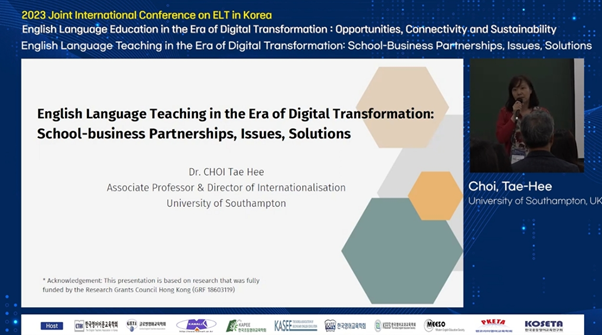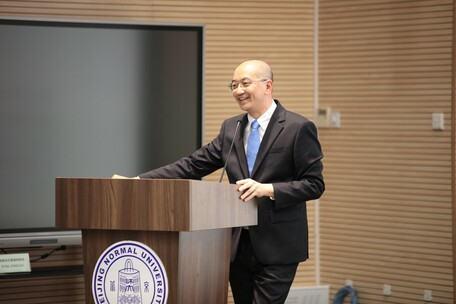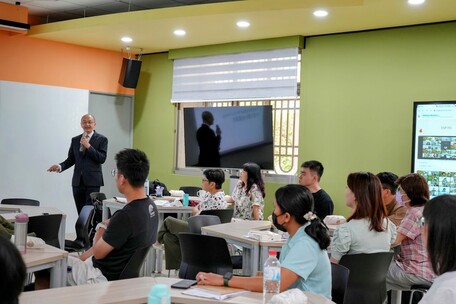Social Networking
How social networks affect the education, worldview, and mental and physical health of young people (5 projects)
This programme investigates the impact of social networks on education through five interconnected projects. We aim to: (i) develop theories to detect online fake news and design interventions to enhance digital literacy; (ii) explore factors that influence young people's social networks and their identities; (iii) investigate the role of social networks in the enactment of education policy at the school level and its impact on educational equity; (iv) examine the relationship between young people's online social networking and their wellbeing; and (v) uncover the neurobehavioral mechanisms linking social network behaviours, sleep-wake patterns, and positive outcomes.
Sustainable Development Goals
In 2015, UN member states agreed to 17 global Sustainable Development Goals (SDGs) to end poverty, protect the planet and ensure prosperity for all. The research team contributes towards the following SDG(s):
Our research addresses several critical issues, focusing on detecting fake news and identifying negative language or biased views on social media to promote digital literacy, cultural integration, and wellbeing. We develop effective policy enactment models to enhance educational effectiveness and equity, while also informing mindfulness lessons, tips, and home-school support for online social networking. We also tackle social network misbehaviours such as internet addiction and cyberbullying, aiming to improve sleep-wake routines and management.
This research’s significance lies in its interdisciplinary approach to understanding how online social networking shapes aspects of our lives. By examining the impact of social networks on identity building, information diffusion, education, wellbeing, and social inclusion, we provide insights that inform policy and practices to enhance digital literacy, promote educational equity, and build social trust.
Our studies engage over 1,200 participants from Hong Kong, mainland China, Singapore, the UK, Poland, and Bangladesh via surveys, interviews, and interventions. Our findings will apply across various regions and groups, potentially fostering a more connected and informed society.
Selected Research Grants
| Project | Awarded Amount |
|---|---|
General Research Fund (2024-26) Chances, Considerations and Choices: School Choice of Ethnic Minority Families in Hong Kong | HK$ 508,886 |
General Research Fund (2024-27) The impact of online social networking (OSN) practices on adolescents' online identity and self-concept clarity (SCC): Patterns and mechanisms | HK$ 739,483 |
National Research Foundation of Korea (2024-27) Reassessing the Governance of Educational Information System and Data Management | ≈HK$ 1,778,000 (₩320,000,000) |
Selected Publications
|
|
|
|
|








